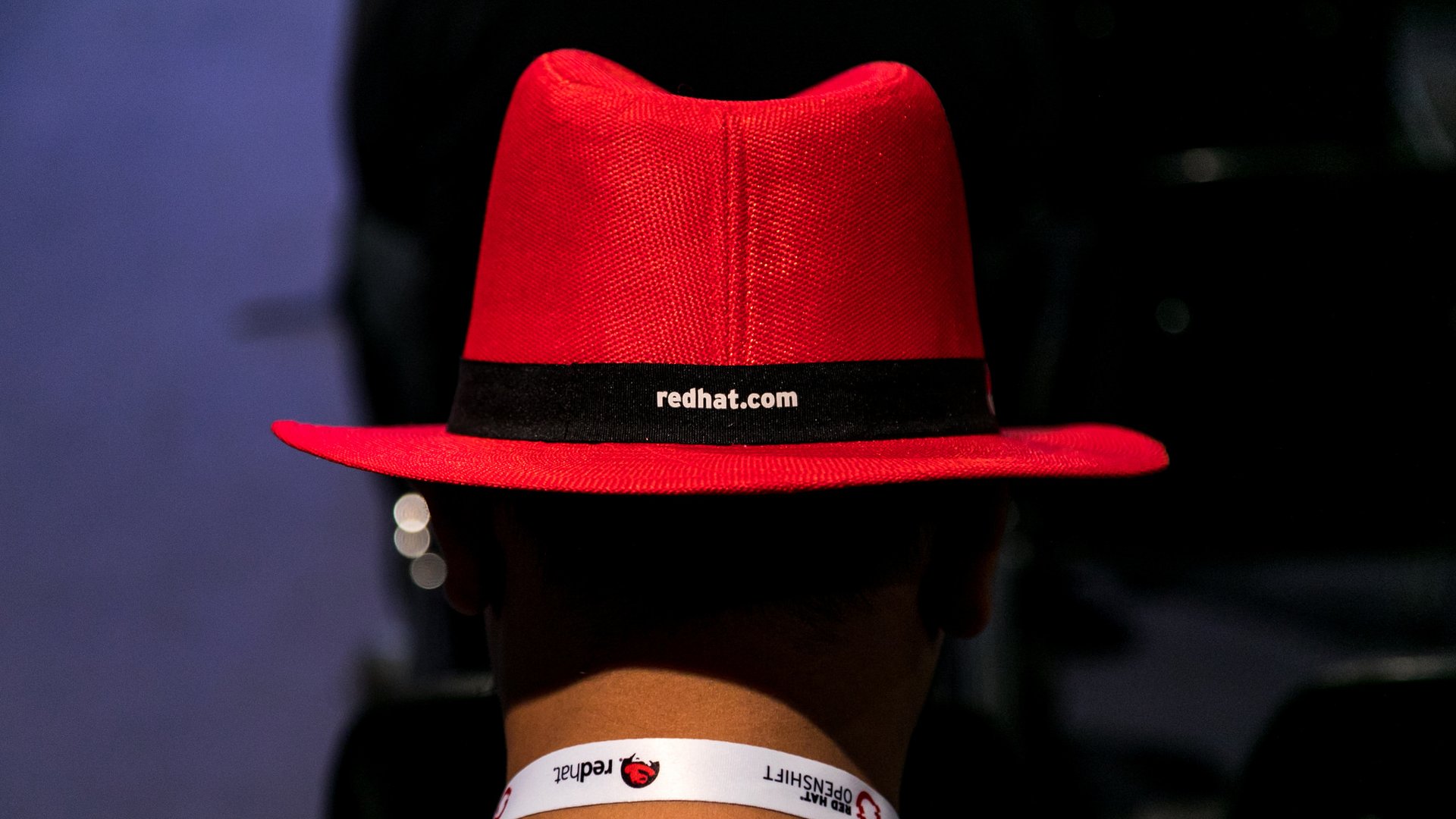Linux is 30: How a student’s hobby became a key component in the business IT stack
How did Linux go from a niche passion project to changing computing forever?
Open for business
The first version of the Linux kernel was released under a custom license that restricted commercial use. Thankfully however that arrangement didn’t last long and Torvalds released Linux 0.99 under the GNU GPLv2 license in 1992.
By removing restrictions to commercial use, Torvalds allowed budding entrepreneurs to create business models around the kernel, which back in the day usually revolved around distributing Linux or offering services around the free operating system.
“Allowing commercial interests meant that resellers could try to make a buck by packaging Linux and selling it with books, in boxed sets, with magazines, and any number of other methods,” recaps Red Hat in their post.
Red Hat, which arrived in the mid-90s made the most of this model. Their Red Hat Linux distro was one of the first commercially successful Linux distros and helped sow the seeds of a fledgling business that eventually saw Red Hat become the first billion dollar open source company.

Open for all
Linux and the open source ecosystem have a symbiotic relationship, with the rise of one invariably leading to positive results for the other as well.
Chris Aniszczyk, Chief Technology Officer, Cloud Native Computing Foundation says as Linux matured and stepped into new markets over time, from automotive to embedded to mobile, “we are seeing open source enter almost every market across the world following Linux along the way.”
Aniszczyk goes on to add that one of the most exciting trends he’s been witnessing off late is new open source software coming not just from vendors, but also from end user companies as well.
Are you a pro? Subscribe to our newsletter
Sign up to the TechRadar Pro newsletter to get all the top news, opinion, features and guidance your business needs to succeed!
“Some examples include the Envoy proxy from Lyft, Capital One open sourcing security technology like Cloud Custodian and Spotify open sourcing their developer portal platform Backstage, all collaborating with peers in the industry,” Aniszczyk illustrates.
With almost two decades of writing and reporting on Linux, Mayank Sharma would like everyone to think he’s TechRadar Pro’s expert on the topic. Of course, he’s just as interested in other computing topics, particularly cybersecurity, cloud, containers, and coding.
